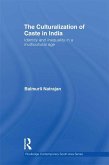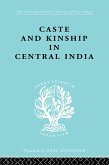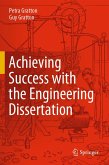Seminar paper from the year 2019 in the subject Social Studies (General), grade: 1,3, University of Kassel (FB05-Gesellschaftswissenschaften), course: Nature, Science & Empire in Colonial India, language: English, abstract: This paper examines the ways in which the implementation of different kinds of science innovations had been done in the British Raj between 1858-1947. This period was powerfully influenced by new creations from the European and Indian people within the system of Colonial rule. The paper traces and compares the different understanding of science and technology. Therefore, it will contrast the relationship of science between Indians and English people. In order to comprehend "colonial science", it is first of all important to understand the development and knowledge of local traditional (or indigenous) and European (especially the British) understanding and knowledge of science. The paper seeks to give a precise answer to the reason why the development of technology and science was so vital then. The next main part deals with engineering teaching and learning and how the Indian caste system contributes to the participation of Indian population in engineering science.
Dieser Download kann aus rechtlichen Gründen nur mit Rechnungsadresse in A, B, BG, CY, CZ, D, DK, EW, E, FIN, F, GR, HR, H, IRL, I, LT, L, LR, M, NL, PL, P, R, S, SLO, SK ausgeliefert werden.









